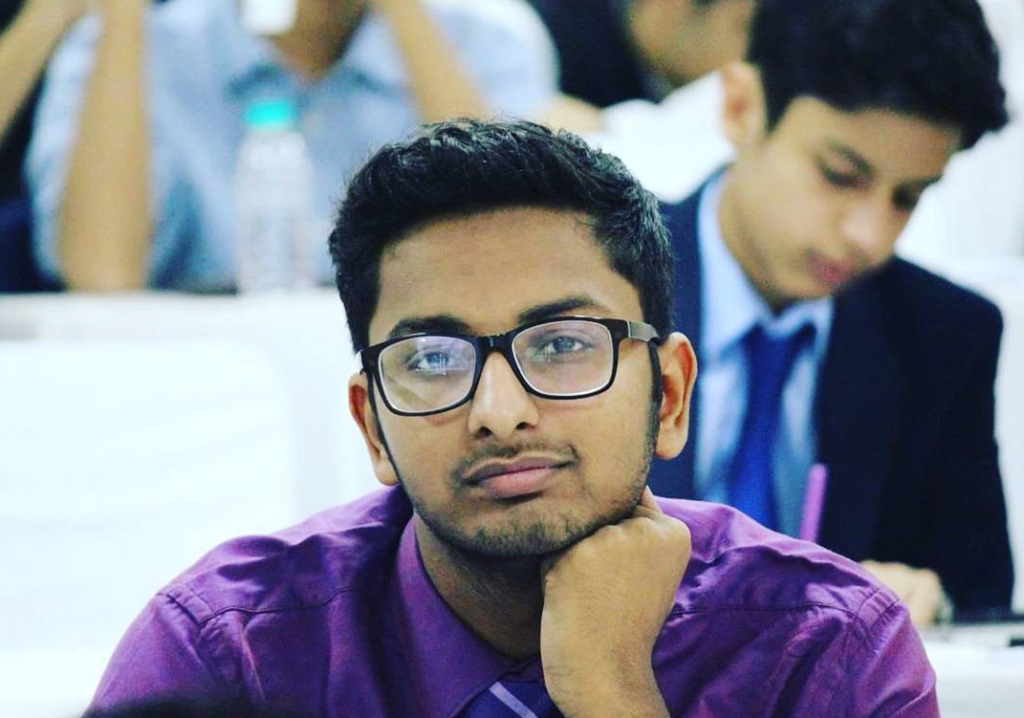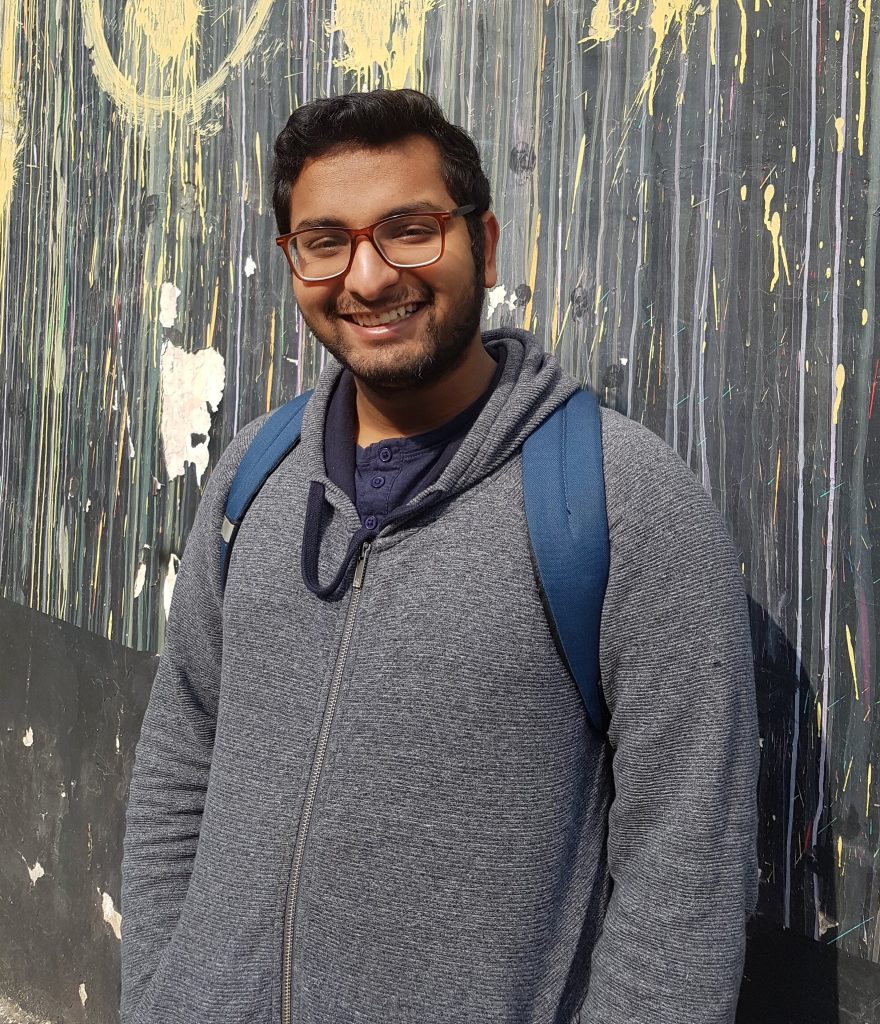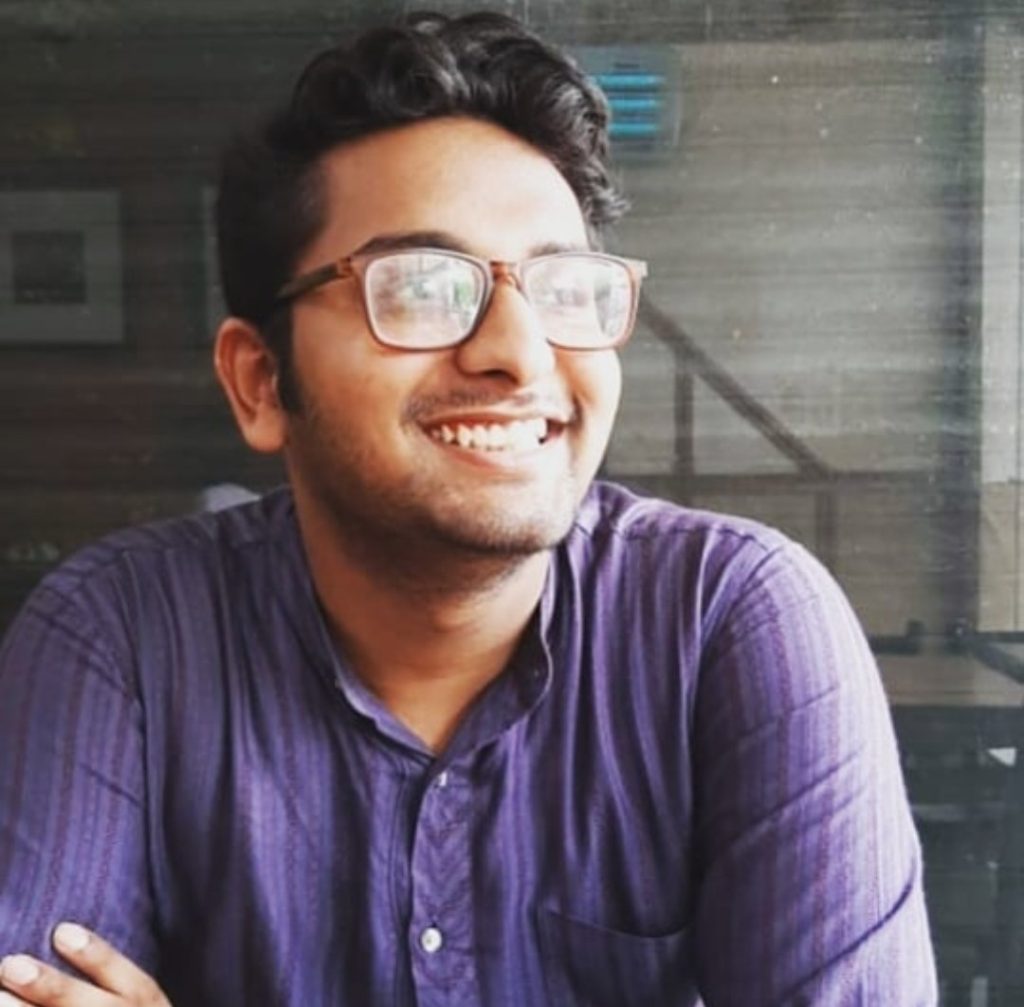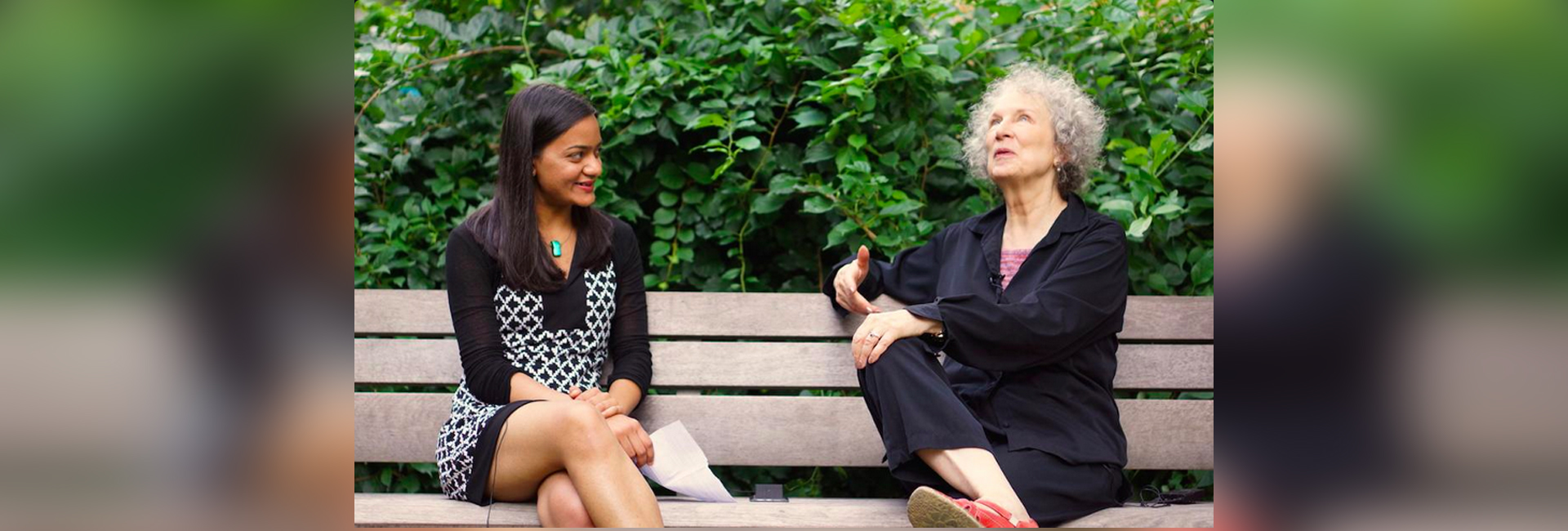(January 24, 2024) After a tough selection process with over a thousand applicants from across the country, NLU Delhi’s Ayan Gupta is among the five scholars selected for the Rhodes Scholarship 2024 to study at Oxford University.
“Oxford is a brilliant place to study at and who wouldn’t want to,” remarks Ayan as he speaks to Global Indian. While applying for the scholarship, he drew inspiration from a past NLUD graduate who had been successful in getting the scholarship from the Rhodes Trust.
A fifth-year NLUD student, Ayan has a keen interest in matters related to sentencing and punishment with a focus on the complexities surrounding the death penalty and prolonged incarceration. At Oxford, Ayan aims to explore the fields of criminology and criminal justice.

Ayan Gupta
He is of the belief that in the sphere of criminal justice, the system does not lay enough emphasis on empathy. “Hopefully, I would get to contribute to reforms that lead towards a more empathetic criminal justice system,” he envisions after graduating as an Oxford scholar.
Passionate about education, Ayan aspires to shape criminal justice education as an academic, and has also garnered experience as a research and teaching assistant at NLU Delhi. Currently serving as the editor-in-chief of NLUD’s Journal of Legal Studies, Ayan oversees the publication of scholarly papers authored by students, faculty members, and practicing lawyers.
The Rhodes scholarship
“After getting selected for the scholarship by the Rhodes Trust, one still has to go through the application process of securing admission at the University’s master’s course but with the kind of support that the trust provides, the process becomes more comfortable with lesser anxiety surrounding it,” Ayan shares.
Rhodes Trust would be providing scholarship between £30,000 to £50,000 per annum, depending on the course and institution that one enrols into. Additionally, there’s a stipend of approximately £20,000 per year, ensuring that all that the scholar needs to do is to focus on the studies, without being concerned about food, lodging, or recreation expenses.
“This opportunity is truly life-changing, and I feel immense gratitude and excitement. The master’s programmes at Oxford spans two years, with an option for a third-year extension under certain circumstances and for specific courses fully funded by the Rhodes Trust,” shares Ayan.
Law with an empathetic lens
During his third year of college, Ayan served as a death penalty research fellow on Project 39A – an NLUD organisation dedicated to death penalty litigation founded by the NLUD Professor Dr Anup Surendranath. The project draws inspiration from Article 39-A of the Indian Constitution, which advocates for the equal justice and equal opportunity, and the importance of addressing disparities that intersect and exclude large segments of our society from effectively seeking justice due to economic and social barriers.
Reflecting on his experience of working on the project, Ayan mentions, “I got introduced to the fact that criminal justice goes much beyond criminal law. Many of the problems that plague the criminal justice system are ingrained in the system. Often, the law is adding to the problems,” he says. “We need to think much harder about what it is that we punish, how we punish, and who are the people we punish. I hope to explore these questions in my master’s programme at Oxford.”


Ayan Gupta
The humane perspective that Ayan wishes to explore may have played a role in his selection for the scholarship. “There is often limited consideration given to the complexities of punishment, and there seems to be a prevailing trend towards stricter punitive measures. However, adopting an empathetic perspective is crucial to recognise that crime is a societal issue,” he says. Ayan is of the opinion that crimes are often rooted in societal, socio-economic, and psychological factors. Addressing these underlying circumstances requires more than just punitive measures. It should involve understanding the reasons behind the crimes and taking an empathetic approach for effective reduction of crime rates.
Talking about his association with Project 39A, he mentions, “I am happy that I was able to discover my area of interest through the project and glad that I would be able to explore it further at Oxford. I am thankful to Dr Anup Surendranath for being a wonderful mentor along the way.”
International law with a comparative lens
Ayan’s interest extends to international law as well. “From international law, it has evolved into more transnational or comparative law,” he remarks.
The scholar’s interest in international law underwent a transformation from an initial focus on environmental law during a moot. This shift led him to critically assess the shortcomings of environmental law. Over time, this curiosity developed into a passion for comparative law, prompting him to explore how different nations address shared challenges.
Stetson International Moot Court competition
In the third year of his college, Ayan participated in the Stetson International Moot Court Competition, which primarily focuses on environmental law. Due to COVID-19, what was initially planned as an in-person event in Florida transformed into an online format. The competition featured more than 20 teams from across the world. Ayan’s team managed to become the semi-finalist in the competition. He was able to bag an individual prize for being the second best oralist.
To get an opportunity to participate in the global competition, Ayan and his team of five members had first competed and emerged as national champions in the India national rounds which saw participation of around 25 teams from across the country. Ayan had emerged as the best oralist in the final round as well the best oralist, overall in the national competition.
Talking about the global competition, the youngster remarks, “The fascinating part of it was that we were arguing with lawyers from different jurisdiction and countries and all of them had their own ways of looking at things and ways of presenting the case depending upon their cultural backgrounds. To experience that diversity was very interesting.”
Learning from experts
While studying at NLUD, Ayan has also served as a research assistant of some academicians. The experience has broadened his intellectual horizons and fuelled his aspirations to become a law faculty in future. Collaborating with Dr Anup Surendranath of NLU Delhi, Dr Aparna Chandra of NLS, and Dr Mayur Suresh of SOAS, London was an extremely rewarding experience for him.


Ayan Gupta
“Working directly with academics as an intern, instead of organisations, provided me with insights into their unique thought processes. Difference in their approaches to handle research exposed me to diverse perspectives of looking at a problem,” he says. This firsthand experience with such experts has polished his ability to contemplate on relevance, critique, and utilise reasoning in academic research.
Personal observations on Rhodes scholarship
Significance of personal essay
“Given the high volume of applications, receiving a call for an interview seems a bigger achievement than actually making it through the interview,” Ayan remarks with a smile. Hence, personal essays play a crucial role as they determine whether one will be selected for an interview and also serve as the foundation for the questions posed during the interview.
In his essay Ayan delved upon his observations and experiences during his involvement as research fellow in Project 39A. He talked about impactful stories of people on death row that struck him hard. He also wrote about his aspiration to be a future law academic to challenge and rectify societal perceptions of criminality, and how his teachers especially Professor Anup, the founder of Project 39A made a huge impact on his life at NLUD.
Misconception around sports
“There’s a prevalent misconception that being exceptionally skilled in sports is a prerequisite for earning a Rhodes scholarship. While this may have been somewhat true in the past, it is no longer the case in the present scenario,” says Ayan emphasising that the trust just seeks to understand the multifaceted components of an individual’s personality.
Involvement in sports can simply be a part of one’s life. “During my interview, I made it clear that I watch tennis tournaments and play tennis just as a means of relaxation, and have never participated in the sport competitively.”
Before joining NLUD, Ayan studied at Amity International School, Gurgaon. His father is an Udaipur based neurosurgeon while his mother is a former Hindi and Sanskrit teacher. The youngster loves playing ukulele in his free time.
- Follow Ayan Gupta on LinkedIn



